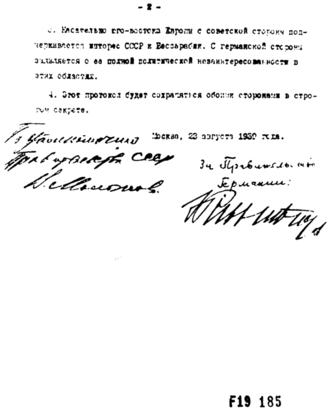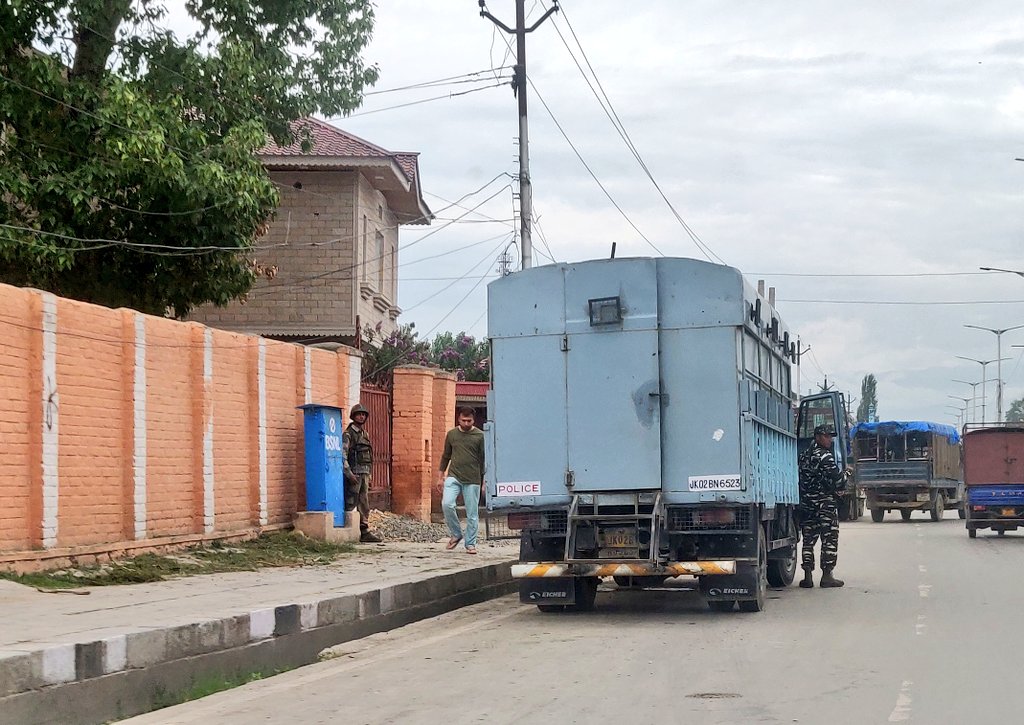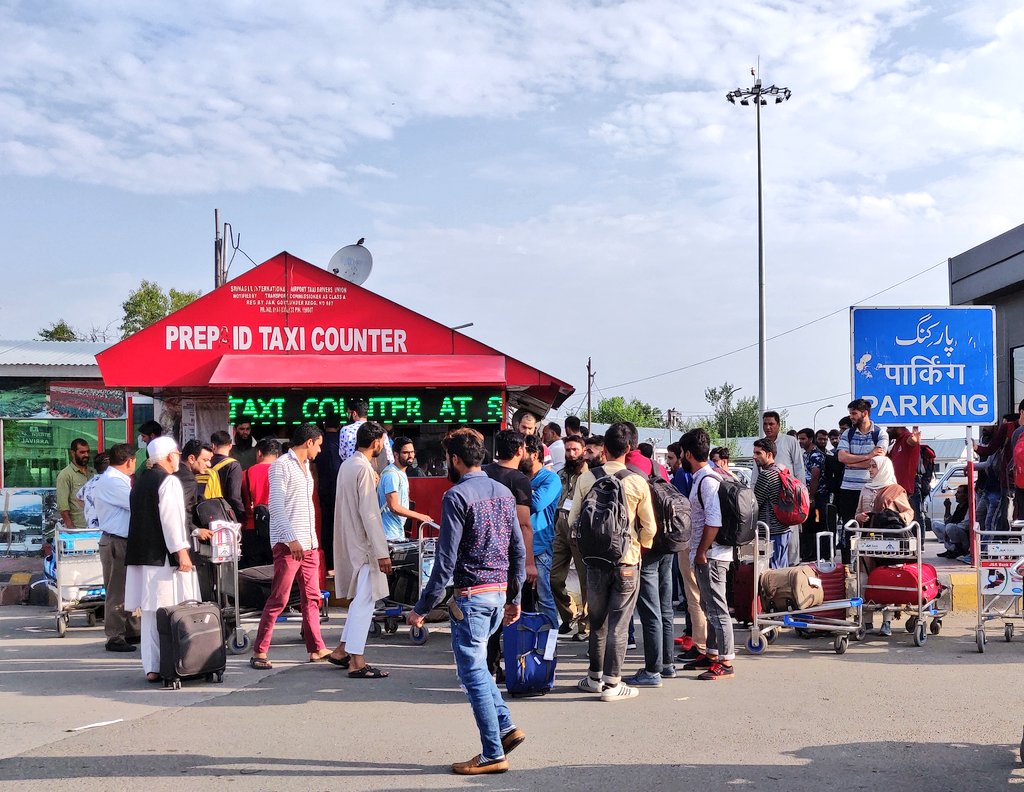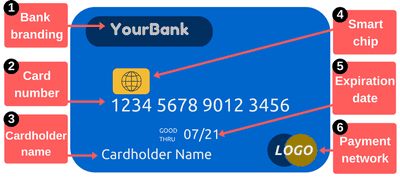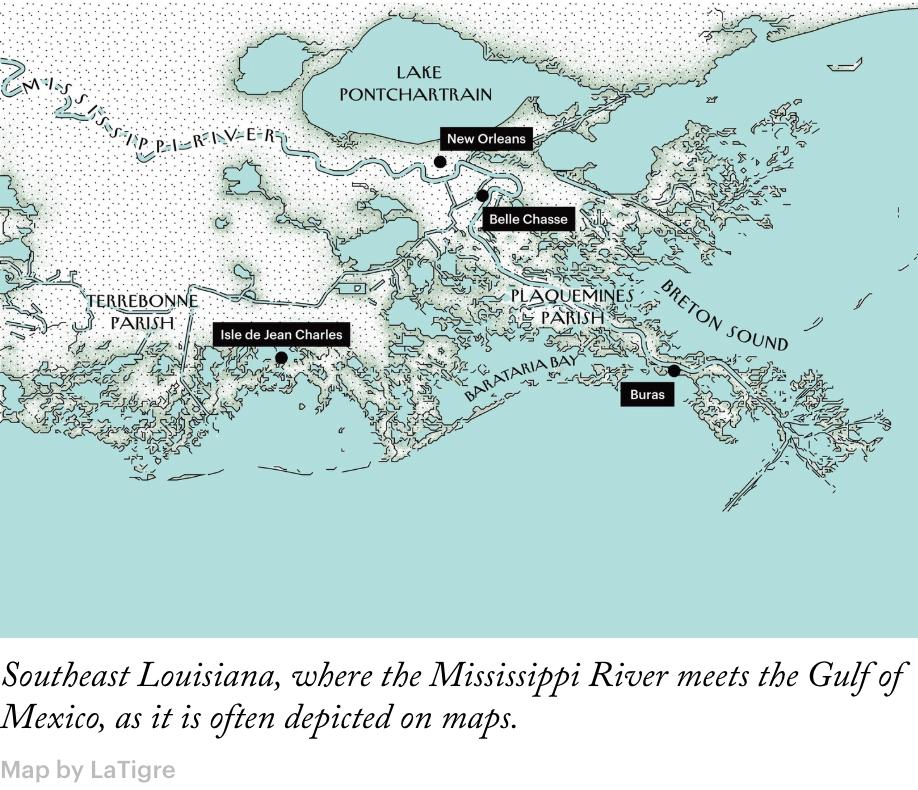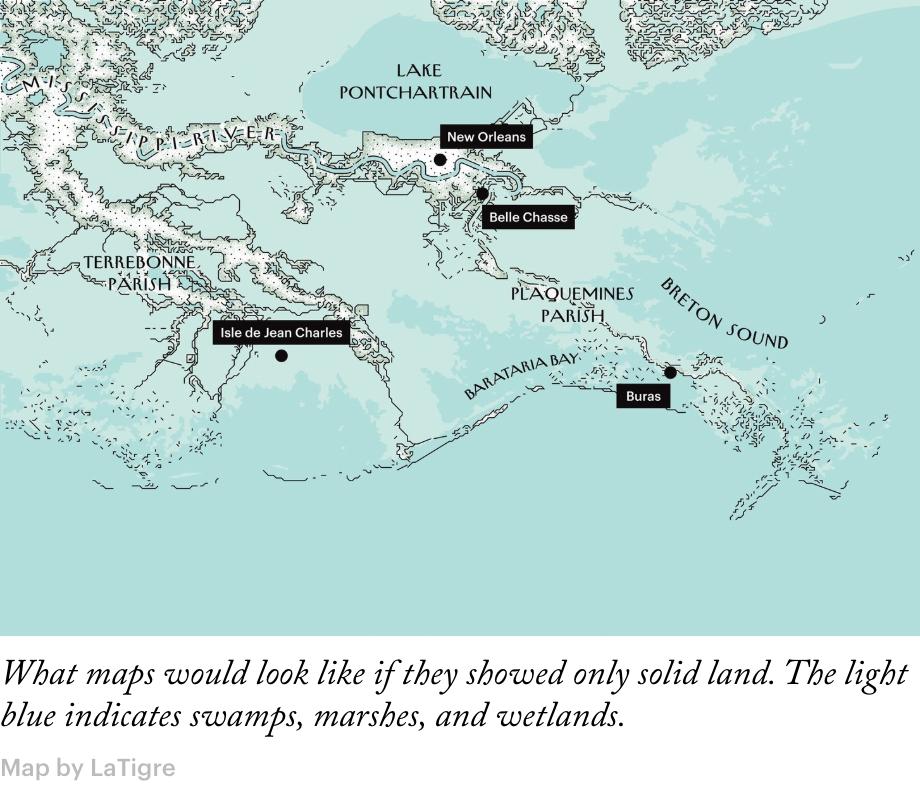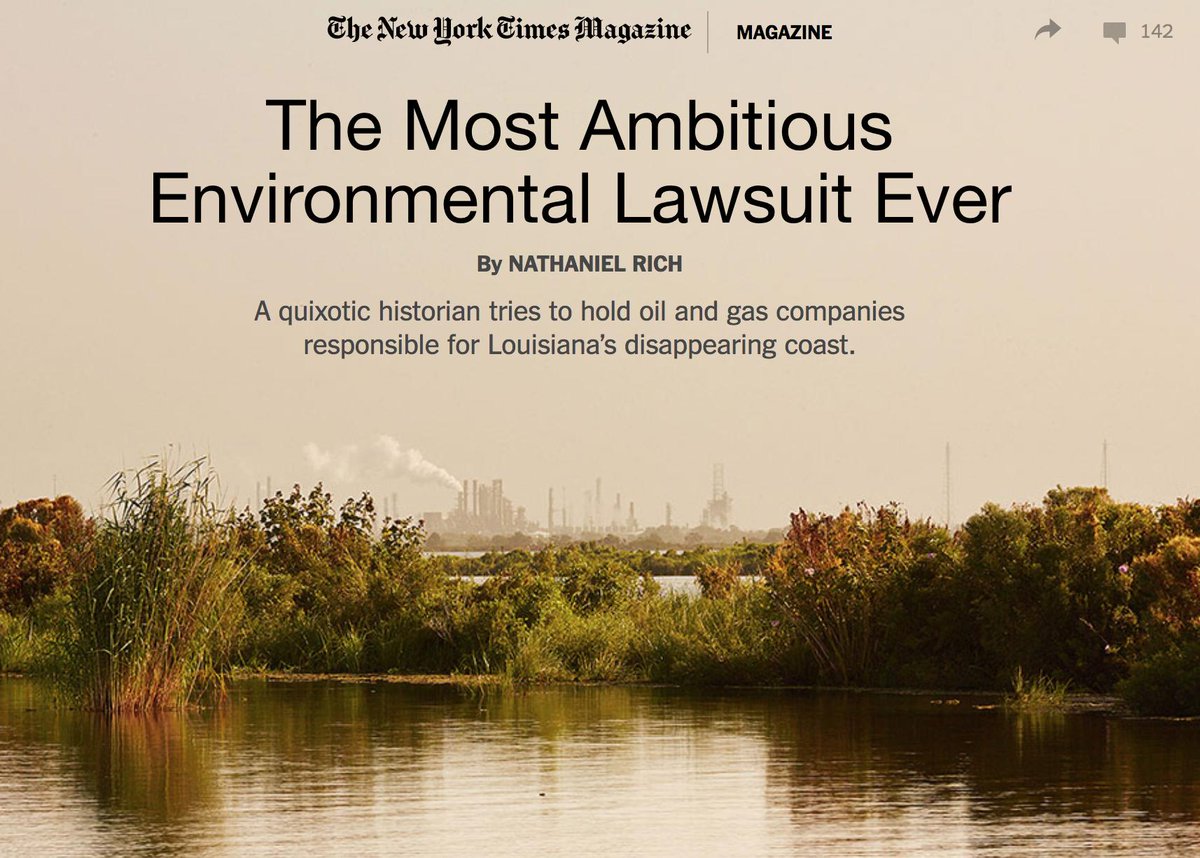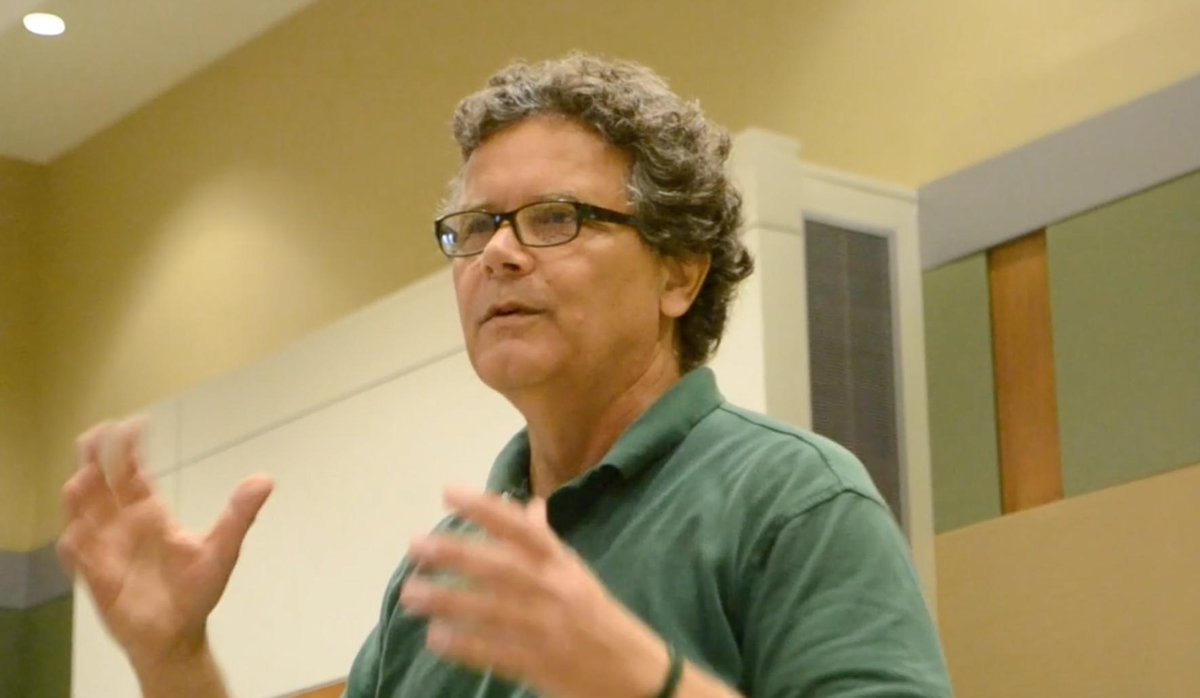We cover this question in my Quantitative Security course
[THREAD]
foreignaffairs.com/reviews/review…
Namely, we need to know:
1) when countries fight wars
2) who participated in those wars
3) which of those participants were democracies
4) were democracies on opposite sides of the war
muse.jhu.edu/article/447406…

But the main next piece is Oneal and Russett's famous 1997 @ISQ_Jrnl piece
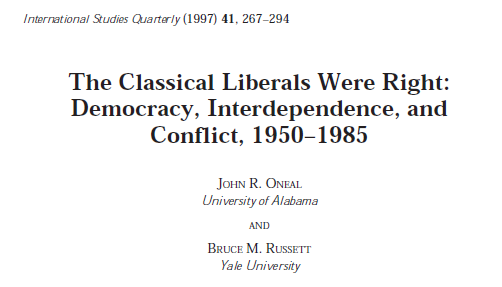
This set off a long series of papers trying to identify an omitted variable that would wipe-out the relationship, along with Oneal and Russett responding to those papers.
These omitted variables included...
tandfonline.com/doi/abs/10.108…
cambridge.org/core/journals/…
tandfonline.com/doi/full/10.10…
tandfonline.com/doi/full/10.10…
books.google.com/books?hl=en&lr…
academic.oup.com/isq/article/57…
"Debating whether the absence of war between democracies is a real phenomenon is the closest thing IR scholarship has to a degenerate research program" 🤷♂️
[END]








